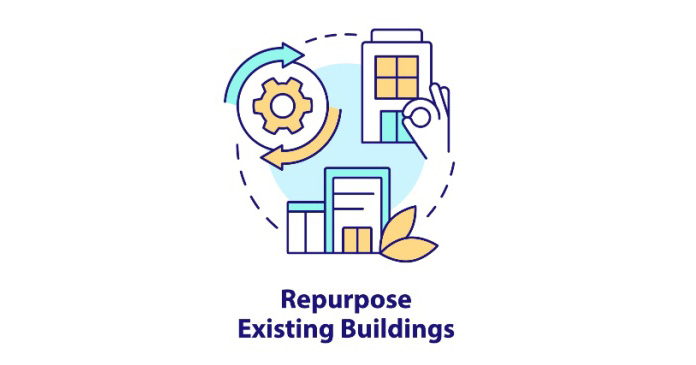If someone were to tell you to focus only on the positive experiences in your day, you might be annoyed. People tend to associate Pollyanna-type positivity with inexperienced managers trying to squeeze a little more work out of frontline employees, or with the “keep smiling” wall posters in the call center.
What most people don’t realize is that positive experiences—even small ones— provide you with valuable resources that can be used to reduce stress, including physical symptoms such as headaches or muscle tension. They make it easier for you to detach yourself from work at the end of the day.
We learned from our research that thinking about positive events in a systematic way can be healthy. We suggest that instead of ruminating about negative things, you try to “savor”—relive, enjoy, and share—the positive events of your day.
For most people, this doesn’t come naturally. Evolution and the survival imperative have attuned human beings to pay careful attention to all things negative; in addition, people quickly become so accustomed to positives in their environments that they hardly notice them. But a simple intervention can help overcome both tendencies.
Consider an experiment we conducted to study the workplace effect of what’s known as the “three good things” intervention. This intervention has been shown to improve mood among people who are mildly depressed, but we wanted to know whether it would also relieve stress for healthy workers.
Our team, which included Winny Shen of the University of South Florida, Eugene Kim of Georgia Tech, and Amanda J. Koch of Human Resources Research Organization, worked with employees of outpatient family-practice clinics (nurses, assistants, receptionists, and such). We asked participants—who had no idea what our research question was—to log onto a website at the end of their work day and complete a “survey.” The survey asked them to spend five to 10 minutes writing about events large or small, personal or work-related, that had gone “really well” that day—and to explain why those things had gone well.
The responses ranged from reports of coworkers’ bringing in delicious food, to the mere fact that it was Friday, to thoughtful stories about interactions with coworkers or patients that made people feel good about themselves. For example, one nurse wrote that “a doctor gave me a compliment today.” Why? “Because I knew exactly what to do in an emergency situation, and I helped a patient who was having a seizure.”
After three weeks, stress levels and mental and physical complaints declined by small but significant amounts. Moreover, on days when participants focused on good things, they were better able to switch off stressful job-related thoughts in the evening at home.
This simple practice—writing about three good things that happened—creates a real shift in what people think about, and can change how they perceive their work lives. It can also create a feedback loop that enhances its impact: we believe that people who reflect on good things that happened during the day are more likely to share those things with family and friends. Sharing positive events with others creates connections between people and bonds them with one another, further reducing evening stress. Ultimately, this also improves sleep, which our ongoing research suggests leads to greater alertness and better mood—which in turn leads to more positive things happening the next day.
Other benefits of this easy-to-implement and inexpensive exercise include potential increases in creativity. Creative thinking and innovation are enhanced by positive emotions, especially feelings of contentment and joy. Growth, development, and forward thinking arise from positive emotions.
Complaining about your boss and coworkers is common, and can even be valuable if it helps you feel heard and understood. But there are downsides to expressing negativity. The research literature is unclear on whether focusing on negative events actually provides relief from stress. And in a workplace context, negative comments can spread through the organization via social contagion, causing further damage.
It is unlikely that people will stop talking about negative experiences at work. It is natural. But intentionally focusing on positive events can provide balance. We don’t advocate putting up happy posters, but companies can take steps to intelligently help people notice and share positive experiences. For example, how about starting a meeting with a review of what has gone well recently, rather than immediately jumping to what needs to be improved?
What’s great about this exercise, however, is the power it gives to each of us on a daily basis. Before turning on the radio or getting on a call during your homeward commute, take a moment to reflect on the good things that happened at work. Doing so can help you capitalize on the small, naturally occurring flow of daily positive events —a ubiquitous but too-often-ignored source of strength and well-being.
Authors: Joyce E. Bono is the Walter J. Matherly Professor of Management at the Warrington College of Business of the University of Florida.
Theresa M. Glomb is the Toro Company–David M. Lilly Chair of Organizational Behavior in the Carlson School of Management at the University of Minnesota.















